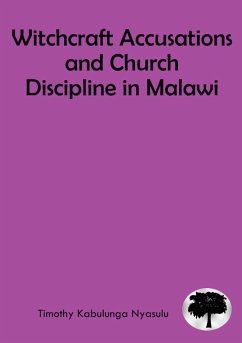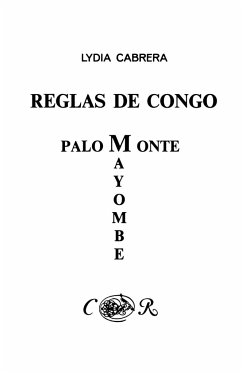
Witchcraft Accusations and Church Discipline in Malawi
A Missiological Mandate of the Church to the Vulnerable in Malawi
Versandkostenfrei!
Versandfertig in 1-2 Wochen
25,99 €
inkl. MwSt.

PAYBACK Punkte
13 °P sammeln!
For a long time, the church in Malawi has not taken an active role to address issues of witchcraft accusations. The failure among other things is possibly based on the influence of the early missionaries' teaching that "witchcraft does not exist" Thus, since the missionary era, the church in Malawi has been in denial, holding to the ideology that witchcraft was only superstition. However, as this study outlined the practice is still rampant in Malawi. Christians found to have consulted a diviner are subject to discipline (a suspension from partaking of the Holy Communion for some time), or in ...
For a long time, the church in Malawi has not taken an active role to address issues of witchcraft accusations. The failure among other things is possibly based on the influence of the early missionaries' teaching that "witchcraft does not exist" Thus, since the missionary era, the church in Malawi has been in denial, holding to the ideology that witchcraft was only superstition. However, as this study outlined the practice is still rampant in Malawi. Christians found to have consulted a diviner are subject to discipline (a suspension from partaking of the Holy Communion for some time), or in some cases severely punished, some are even persecuted and killed. The study found that very little pastoral work is undertaken to better understand the practice and find a better solution to the problem in the church.












